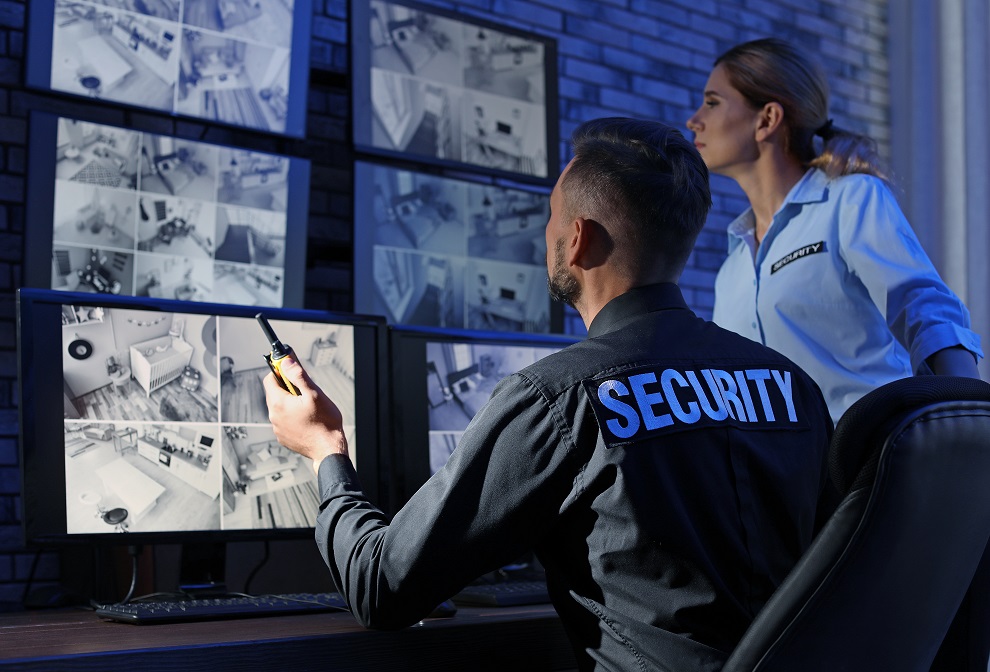Background
Applications are closed. If you have any questions, please contact pierre.legoux@wins.org
Licensees have the primary responsibility for designing, implementing and maintaining security systems for radioactive sources in accordance with the regulatory requirements in their State and any other further security objectives defined by the organisation itself. As part of the licensing process, licensees usually submit a security plan to the regulatory body in which they demonstrate how they will meet the security regulations. Amongst others, an effective security plan documents the design, operation and maintenance of the entire physical protection system, which is based upon the functions of deterrence, detection, delay and response. The first function of the security system is to deter adversaries from attempting to steal or sabotage radioactive sources. The second is to detect and assess any attempts that adversaries might be making. The third and fourth are to delay adversaries who are attempting to steal or sabotage sources until an adequate response force (e.g. the police) can arrive and interrupt or neutralise them. Each of these functions is important and works with the others to achieve effective radioactive source security.
The response function refers to the actions undertaken by onsite security forces (if present) and/or offsite law enforcement to interrupt and subdue an adversary while the malicious act is in progress. Offsite responders, who normally consist of police or other law enforcement personnel, may also be called upon to help recover material that has left the site. Responders need to be properly trained and equipped and have the authority and ability to carry out their assigned actions. They must be familiar with the site, know who is responsible for what, and have the necessary resources to stop the malicious act.
The majority of licensees that use radioactive sources will not have an onsite armed guard force and therefore need to carefully plan incident response procedures that should be followed in close coordination with the police or other local law enforcement agencies. To develop effective coordination, licensees need to communicate—and periodically meet with—their offsite response force. Both entities need to know who the points of contact are at each other’s organisations and have their full, up-to-date contact information.
Experience has shown that developing effective response arrangements and guaranteeing a timely and effective support from external response forces is challenging and requires particular efforts and sustainable attention. In too many cases, physical protection arrangements are designed without input from response stakeholders; therefore, and detection and delay measures are designed on non-demonstrated response assumptions.
To address these challenges, WINS and DOE/NNSA have decided to collaborate and organise a virtual international event dedicated to response arrangements where practitioners in several countries and regions of the world can share their experience and lessons learned in designing security response.
Objectives
The overall objective of this event is to review and discuss all matters related to preparing for and responding to a security incident at a facility where radioactive sources are in use or in storage. In particular this event will be an opportunity to:
- Understand the importance of response in radioactive source security planning and identify the prerequisites to effective response;
- Explore the roles and responsibilities of the various stakeholders involved in the development and implementation of response arrangements;
- Review the various stages of security response and the need to coordinate the actions of security forces with other emergency responders such as ambulances and fire departments;
- Share experiences and lessons learned from responding to a security incident or practising security response arrangements;
- Review international recommendations and guidance for developing response plans.
Audience
This event will be open to 40 individuals involved in the security of radioactive sources. Primarily, it will target individuals from operating organisations, law enforcement agencies or response organisations, and regulatory bodies with the responsibility for or experience in developing, implementing or assessing security response arrangements for radioactive sources.
Discussions will focus on categories 1 and 2 radioactive sources in use or in storage at a fixed facility.
WINS is promoting gender diversity in its events and female delegates are highly encouraged to apply to this workshop.
The event will give priority to individuals from Europe and Africa.
Process
The event will be conducted online at 14:00 hours (CET) on 08th April 2021.
It will be interactive and professionally facilitated. The live session will be built around presentations from invited expert speakers and topical discussions to share experiences and identify best practices for effectively responding to a security incident involving radioactive sources. Scenario-based activities will be proposed to ensure a high level of interaction between participants and offer discussions of direct relevance to individuals in charge of radioactive source security.
The event will be designed around the following themes:
- Response as a pillar of physical protection and the need for increased awareness. Response needs and capabilities should be considered from the design phase;
- Response strategies (e.g. confinement or denial);
- Response roles and responsibilities, including internal and external (i.e., on-site and off-site) stakeholders involved in response.
- Response plans and procedures from initial response to full-scale reinforcement, including national resources if needed;
- Alarm management and communication, including local and off-site alarm monitoring, assessment and prioritisation;
- Specific issues related to security response for radioactive sources and the interfaces with other emergencies;
- Operational preparedness, testing, and exercises to assess the performance of response arrangements and ensure their continuous improvement.
